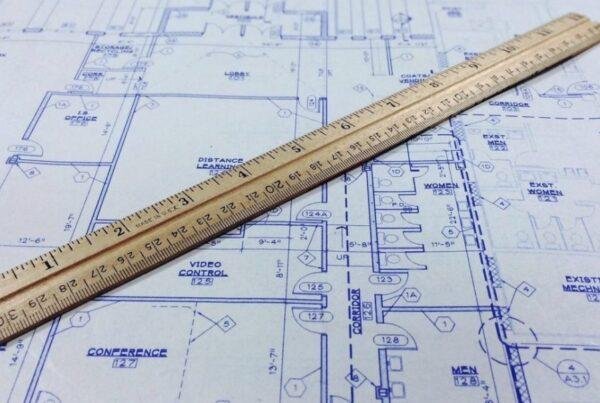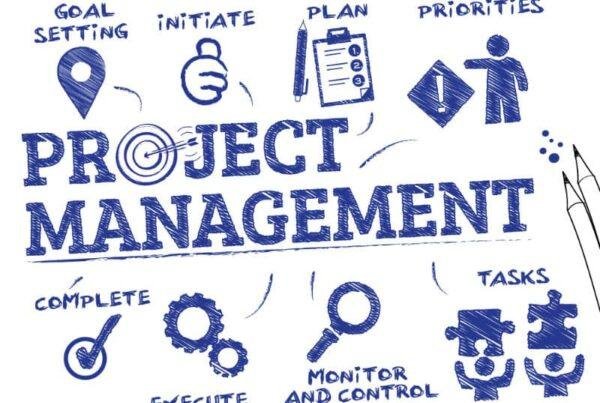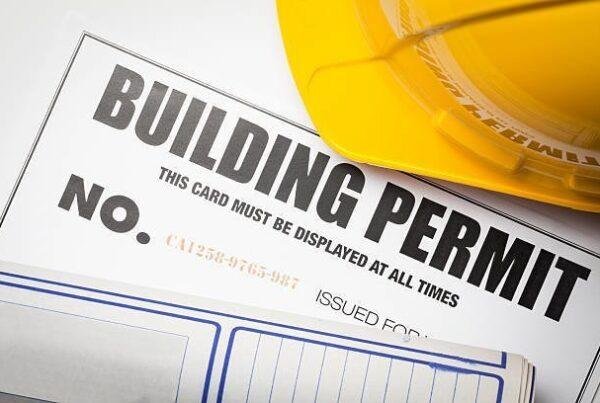An important area of engineering that significantly influences the world in which we live is civil engineering. It includes a broad variety of operations, such as the planning, building, and upkeep of different buildings and infrastructure projects. The key abilities and information a civil engineer need to succeed in their career will be discussed in this article.
Technical Knowledge:
A civil engineer has to have a strong background in technical knowledge. As these fields serve as the foundation for engineering concepts, this involves having a thorough grasp of mathematics, physics, and mechanics. It is crucial to be knowledgeable in disciplines including structural analysis, geotechnical engineering, hydraulics, and transportation engineering. By using this information, civil engineers may examine issues, create new approaches, and create structures that are secure, effective, and long-lasting.


Drawing and Design Skills
Civil engineers need to be skilled in producing precise drawings and plans for construction and infrastructure projects. They use CAD software to convert their concepts into exact technical drawings, assuring accuracy and compliance with applicable regulations and standards. Knowledge of CAD software enables civil engineers to efficiently envision and explain their thoughts to customers, contractors, and other stakeholders.
Knowledge of Construction Materials:
For a civil engineer, having a thorough grasp of building materials is essential. Choosing the right materials for a given project is crucial since different materials have different features, strengths, and weaknesses. Civil engineers may assess the compatibility of materials including concrete, steel, wood, and composites for varied uses, assuring the longevity and safety of structures.


Project Management Skills
Since managing building projects is something civil engineers do regularly, they need to be proficient in this area. To do this, one must be able to create project schedules, control spending, communicate with contractors and subcontractors, and guarantee the prompt completion of projects. For managing resources effectively, resolving disagreements, and upholding quality standards throughout the building process, effective project management abilities are essential.
Knowledge of Codes and Regulations
Understanding of Building rules and Regulations: Civil engineers need to have a solid grasp of the building rules, regulations, and legal prerequisites that apply to their projects. These regulations provide criteria for assuring structural integrity, safety, accessibility, and environmental sustainability. They vary by location and project type. To design and build buildings that adhere to legal and safety requirements, it is crucial to stay current with the newest rules and laws.


Communication and Interpersonal Skills
Communication and interpersonal skills are essential for civil engineers since they often communicate with customers, stakeholders, and co-workers. They must be able to communicate their ideas clearly, listen intently, and work well in cross-disciplinary teams. In order for civil engineers to successfully negotiate, solve problems, and work in teams, they need strong interpersonal skills.
Lifelong Learning and Adaptability
With improvements in technology, materials, and building techniques, the profession of civil engineering is always changing. Dedication to professional growth and continual learning is a must for success as a civil engineer. To improve abilities, increase knowledge, and adapt to the changing needs of the field, it’s essential to stay current with industry trends, attend conferences, and participate in continuing education programs.

A solid foundation in technical knowledge, drawing, and design skills, familiarity with building materials, project management expertise, knowledge of codes and regulations, effective communication and interpersonal skills, and a dedication to lifelong learning are necessary for becoming a proficient civil engineer. Civil engineers may contribute to the creation of infrastructure, improve the built environment, and raise the standard of living for people all over the globe by obtaining and developing these crucial skills and knowledge.
Most In-Demand Diploma Courses In Dubai
| Courses | Level 3 | Level 4 & Level 5 (HID) |
|---|---|---|
| Diploma In Engineering | 6 Months | 24 Months / Fastrack |
| Diploma In Business | 6 Months | 24 Months / Fastrack |
| Diploma In Hospitality & Tourism Management | 6 Months | 24 Months / Fastrack |
| Diploma Accountancy | 6 Months | 24 Months / Fastrack |
| Diploma In IT | 6 Months | 24 Months / Fastrack |

